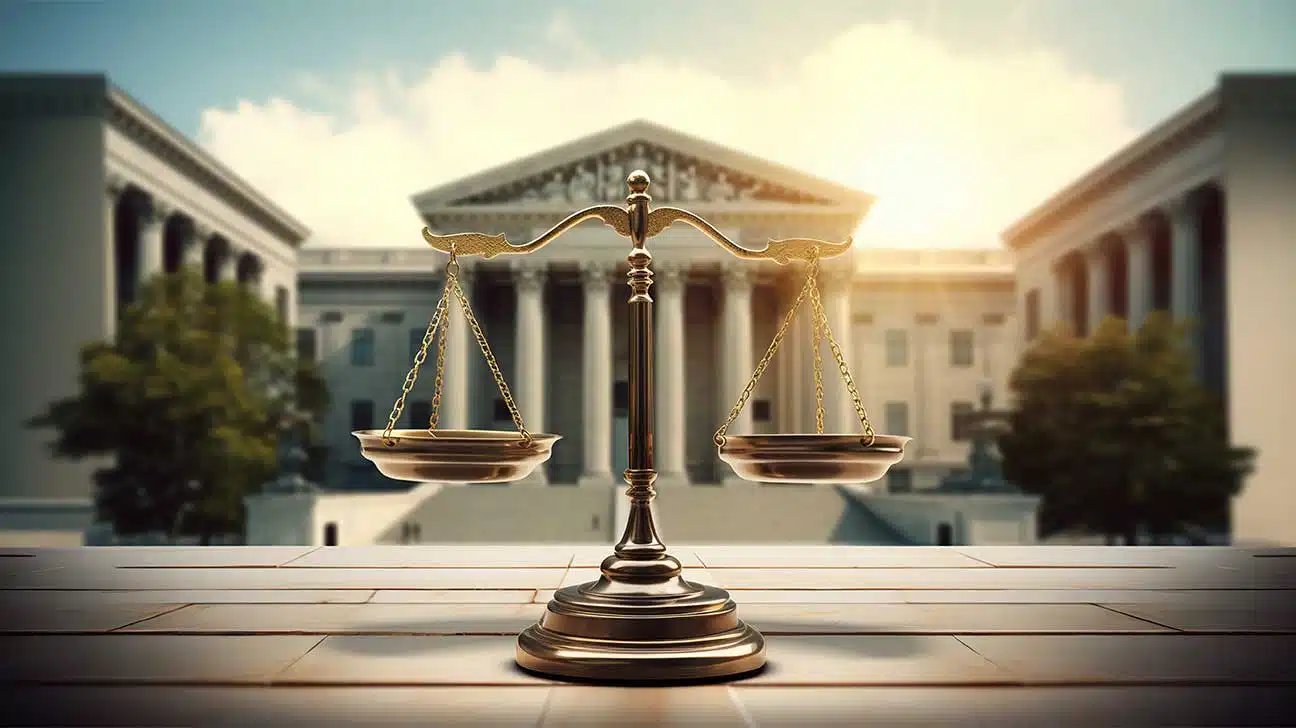
Attempting to stay sober and complete an addiction treatment program isn’t easy. For some, legal obligations only make the situation more challenging.
Fortunately, help is available in the form of counsel experienced in illicit drug use or federal law cases, such as deferred prosecution options, and other legal resources.
Addressing Legal Obligations During Addiction Treatment
Confronting legal issues while receiving care from an inpatient, outpatient, or residential treatment center may seem impossible, but some rehab programs can offer legal help.
Legal assistance during drug rehab may include:
- legal consultations: Advice from legal professionals experienced in addiction-related issues can help you understand your rights and obligations.
- deferred prosecution or diversion programs: In some cases, these programs allow you to complete treatment in exchange for reduced or dropped charges.
- continuing legal proceedings: If necessary, your legal matters can continue while you’re in rehab, typically with the assistance of criminal justice counsel.
- probation or parole requirements: Discuss your situation with your probation or parole officer to explore options for fulfilling requirements during treatment.
- court-ordered treatment: Some courts may order addiction treatment as part of your sentence or in the place of punishments such as jail time.
- legal advocacy: Legal advocates represent your interests and ensure that legal proceedings do not interfere with your recovery.
Your treatment team can offer guidance and help you navigate the process while focusing on your recovery from a substance use disorder (SUD).
Prioritize your sobriety and well-being, as addressing legal issues can often be more manageable when you’re in a healthier state of mind.
Legal Resources Available For People In Drug Rehab Programs
Many legal resources are available to people experiencing alcohol or drug addiction and receiving care at an addiction treatment center.
Your or your loved one can access these legal resources:
- legal aid organizations
- pro bono legal services
- court-appointed attorneys
- legal clinics
- public defenders
There are also organizations and agencies that offer legal help for people with behavioral health conditions such as drug abuse issues.
Some of these include:
- American Bar Association
- Legal Action Center
- National Alliance on Mental Illness (NAMI)
- Drug Policy Alliance
- Substance Abuse and Mental Health Services Administration (SAMHSA)
Planning For A Smooth Transition Post-Treatment
Some of your legal obligations may be handled upon your completion of a substance abuse treatment program.
Regardless, once you’ve handled your legal obligations, it will be easier to focus on long-term recovery from drug or alcohol use.
Maintain sobriety through aftercare options such as:
- medication management: For people with co-occurring disorders, or those participating in medication-assisted treatment (MAT) using methadone, buprenorphine, or other prescriptions, medication management helps ensure that the right dosage is provided and that possible drug interactions and side effects are being monitored.
- peer support groups: Engaging in support groups like Alcoholics Anonymous (AA) or Narcotics Anonymous (NA) can help people maintain a drug-free lifestyle and build a support network.
- family involvement: Incorporating family therapy helps address underlying issues and enhances family support.
- relapse prevention: A robust relapse prevention plan, including strategies to manage cravings and triggers, can help people maintain sobriety.
- drug testing: Regular drug tests can serve as a personal accountability measure and help detect any potential drug problems early on.
- follow-up appointments: Attend follow-up appointments with treatment providers to monitor your progress and make any necessary adjustments to your treatment plan.
- referrals: Utilize referrals for specialized services, such as mental health counseling or vocational training.
You can also leverage the support of family members and friends who can encourage a drug-free lifestyle.
Embracing a healthier lifestyle by incorporating exercise, nutrition, and stress management techniques will also support your long-term recovery goals.
By integrating these elements, people leaving a drug rehab center can better navigate the challenges they may face, reduce the risk of relapse, and build a fulfilling, drug-free life.
Find Drug And Alcohol Addiction Treatment Today
Start your addiction recovery journey by visiting AddictionResource.net and learning about different treatment options available.
Addiction Resource aims to provide only the most current, accurate information in regards to addiction and addiction treatment, which means we only reference the most credible sources available.
These include peer-reviewed journals, government entities and academic institutions, and leaders in addiction healthcare and advocacy. Learn more about how we safeguard our content by viewing our editorial policy.
- National Institute on Drug Abuse (NIDA) – The Science of Addiction
https://nida.nih.gov/publications/drugs-brains-behavior-science-addiction/treatment-recovery


